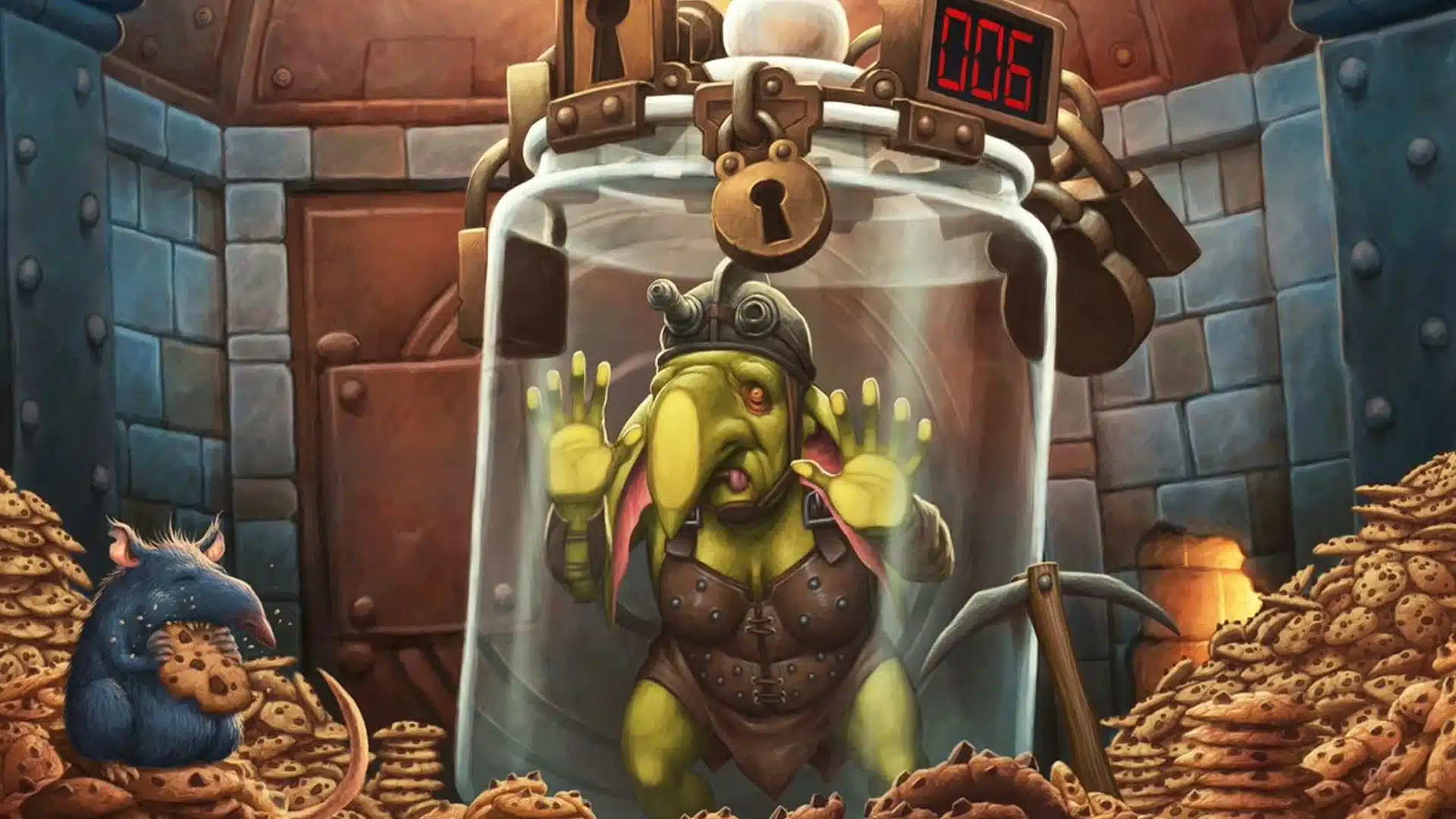The Edge of Eternities’ launch has been an absolute mess. Even though we knew this was coming, Wizards of the Coast still managed to make it worse. Thanks to the unfortunate timing of San Diego Comic-Con, we’ve been inundated with new spoilers over the past few days. This had made it frustratingly difficult to give the latest MTG set your full attention.
As if this weren’t annoying enough, the release dates surrounding Edge of Eternities are a confusing mess. Between prereleases, MTG Arena, and the official release date, it’s hard to know when things happen. This is especially frustrating for Edge of Eternities, which also usheres in the long-awaited Standard rotation. The uncertainty about the relationship between release dates and rotation caused tons of confusion for players.
If you ask us, this problem has gone on for long enough, and it’s high time that Wizards made a change.
Too Many Dates

Technically, Edge of Eternities has three release dates. Bizarrely, this isn’t anything out of the ordinary for MTG, but things still need to change. In order, Edge of Eternities has prereleases on July 26th, its MTG Arena launch on July 29th, and the official release on August 1st.
In theory, each of these dates serves an important purpose that warrants them each being separate milestones. Prereleases are the first time players get to try out a set, and when legality comes into effect. Following this, the MTG Arena/Magic Online release is the digital debut of the set, allowing incredibly accessible gameplay. Lastly, the official release date is when big box stores and online retailers can officially start selling.
While this almost sounds straightforward, there’s a distinct problem in how these dates are communicated and implemented. Out of the trio, the prerelease release date is undoubtedly the most important; however, it’s not marketed as such. Sure, rotation may happen, and new cards become playable and purchasable at LGSs, but it’s not the official release date.
If you ask us, it feels like Wizards just want to have their cake and eat it too. While this system has worked for a couple of years now, it’s by no means smooth. Every set release is accompanied by questions about legality, timing, and when products are available. It’s about time that Wizards fixes this problem and makes release dates actually mean something.
Just Have One Release Date

The simplest solution is to simply have one release date for an MTG set. For simplicity’s sake, we can say this should be the official release date that Wizards has on all their websites. On this date, legality should change, paper events should fire, and the set should unlock on MTG Arena and Magic Online. Using this model, there would be no confusion about when a set is actually released or when cards are legal.
The major casualty in this new model would be the death of prerelease events. Historically, these have always been players’ first chance to try out the set ahead of competitive events taking place. This always made things simple for LGSs as there was always a week for prerelease events before moving onto Standard or Commander events.
While having one big MTG release date would potentially complicate this point, it’s already complicated. Since the prerelease legality change in 2022, the option has always existed to run day-one constructed events. The fact that stores don’t always do this speaks to a desire for prerelease events to celebrate a set’s release.
With this in mind, we propose that prerelease events could simply become launch events, being held on a set’s official release date. This would offer the same gameplay and celebration without the needlessly complicated branding. It might feel like a major change, but at this point, it really is just semantics.
A Problem With Patching

On paper, the move to one single release date makes perfect sense, although we’re somewhat biased since it’s our suggestion. We can admit, however, that moving the MTG Arena and Magic Online release dates may cause some problems. At the moment, the Tuesday update/release date allows for a few days to patch any immediate problems.
Should Wizards move the digital release date to a Friday, as we suggest, bugs could be especially problematic. Unless Wizards forces the dev team to work that weekend, problems may go unaddressed until Monday rolls around. This might seem like the nail in the coffin for our proposed solution; however, Wizards has somewhat addressed this already.
For a while now, the MTG Arena team has been releasing sets in two halves. Roughly one week before the digital release date, all the cards and content will be added to the platform. After this, everything is simply unlocked once the digital release date rolls around, allowing for a smoother transition.
Beyond just making the full release smoother, this system also allows for a mild amount of playtesting. Not only can the Arena team ensure everything is in working order, but players can even use these cards themselves. Through Early Access, Momir events, and using cards that Conjure random creatures, it’s possible to play with a future set’s cards early.
Should this system enable Wizards to feel confident that bugs won’t pop up, moving the MTG Arena release date wouldn’t be such a problem. Admittedly, it would be a major change to the MTG Arena content schedule, but it’d be a change for the better to improve clarity.
A Growing Concern

As mentioned, this problem has technically been an issue for years, ever since the prerelease legality change. In that time, while there has been confusion, MTG has hardly come apart at the seams and crumbled into nothing. Just like issues with confusing art and set symbols, MTG players can typically navigate these issues fairly easily.
All that said, as much as MTG players have a good track record of success, the game is quickly growing. Thanks to Universes Beyond sets like Final Fantasy, MTG now has more players than ever before. With three Universes Beyond sets coming out each year for the foreseeable future, the player base is bound to expand dramatically.
To accommodate new MTG players as effectively as possible, it makes sense to streamline aspects like release dates. Admittedly, while this makes sense to us, there’s a non-zero chance that Wizards has already had this conversation internally. Sadly, whether or not this is the case remains to be seen.
Ultimately, there’s no telling if Wizards of the Coast will actually address this problem or not. The past change to the prerelease legality came out of the blue, so the same could happen here. At the end of the day, we’re just going to have to wait and see what happens and hope that Wizards make the right call.
Stick with us here at mtgrocks.com: the best site for Magic: The Gathering coverage!

